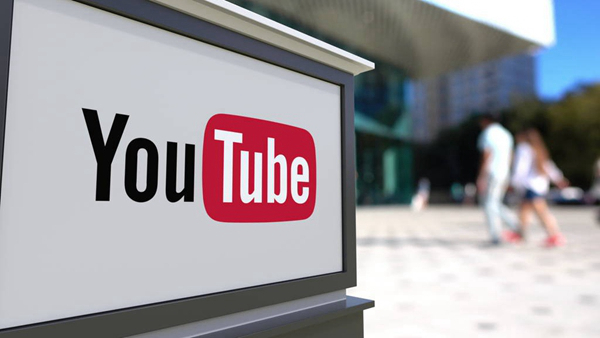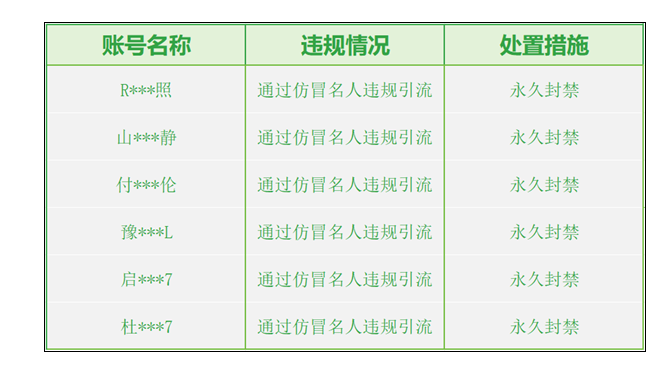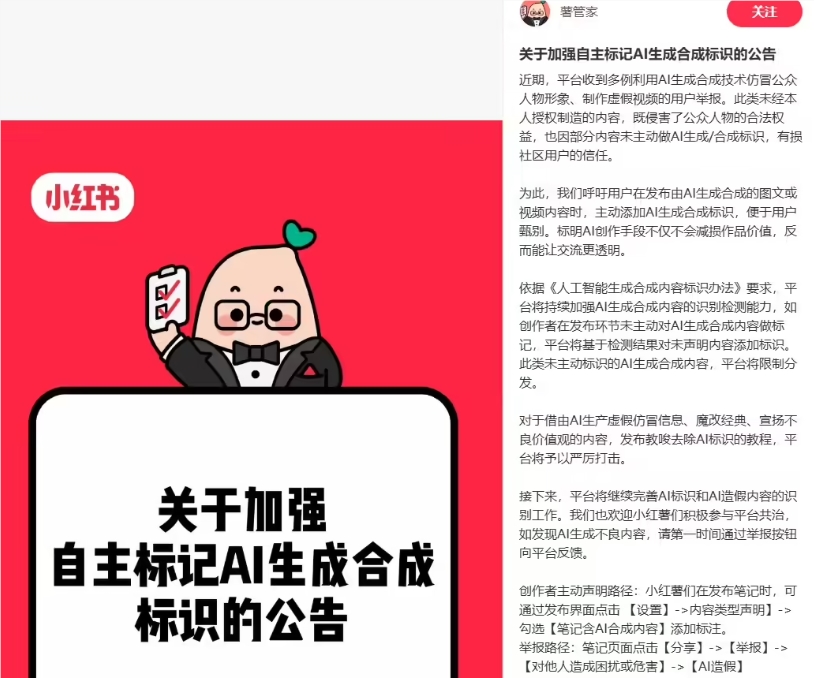YouTube Tightens Rules on AI-Generated Misinformation
YouTube Takes Action Against AI-Generated Spam Content
YouTube is implementing stricter monetization policies to address the proliferation of AI-generated "unreal" content. The platform will update its YouTube Partner Program (YPP) guidelines on July 15, providing clearer definitions of what content qualifies for monetization.

Policy Update Targets Low-Quality AI Content
The update builds upon YouTube's existing requirements for "original" and "authentic" content. While specific language remains undisclosed, YouTube's Help documentation already outlines standards against mass-produced material. The timing coincides with AI tools making repetitive content creation easier than ever.
Rene Ritchie, YouTube's creator relations manager, characterized this as a "small update" to long-standing policies. However, the move directly addresses growing concerns about:
- AI voiceover videos overlaying stock footage
- Automatically generated music channels
- Fabricated news events using deepfake technology
- Entire AI-generated series mimicking real content
The Challenge of AI Spam
The policy change comes as YouTube faces an onslaught of low-quality AI content:
- Text-to-video tools creating synthetic media at scale
- Phishing scams using deepfakes of executives like CEO Neal Mohan
- Channels producing hundreds of algorithmically generated videos daily
While YouTube offers reporting tools for deepfakes, the volume of AI spam has become unmanageable through manual review alone. The platform now seeks to systematically exclude such content from monetization.
Balancing Act for Creators
The update raises concerns among legitimate creators who use:
- Reaction video formats
- Edited compilations
- Transformative works incorporating existing media
YouTube maintains these formats remain eligible if they provide original commentary or meaningful transformation. The focus remains on banning clearly spammy, mass-produced content that offers little value to viewers.
Key Points:
- Policy effective July 15: Updated YPP guidelines will explicitly address AI-generated content.
- Targeting spam: Focus remains on mass-produced, low-quality automated videos.
- Deepfake concerns: Platform aims to curb misuse of synthetic media for scams and misinformation.
- Creator impact: Legitimate transformative works unaffected; only spam content penalized.
- Ecosystem protection: Move aims to preserve platform quality and advertiser confidence.


